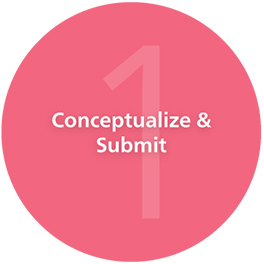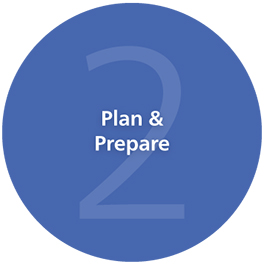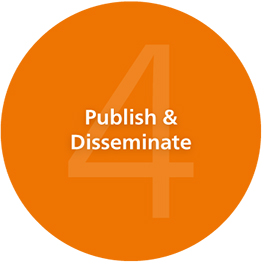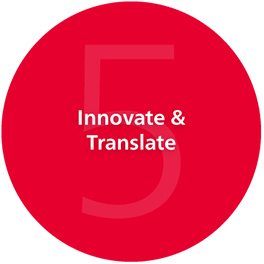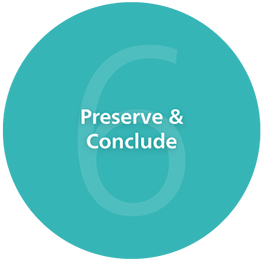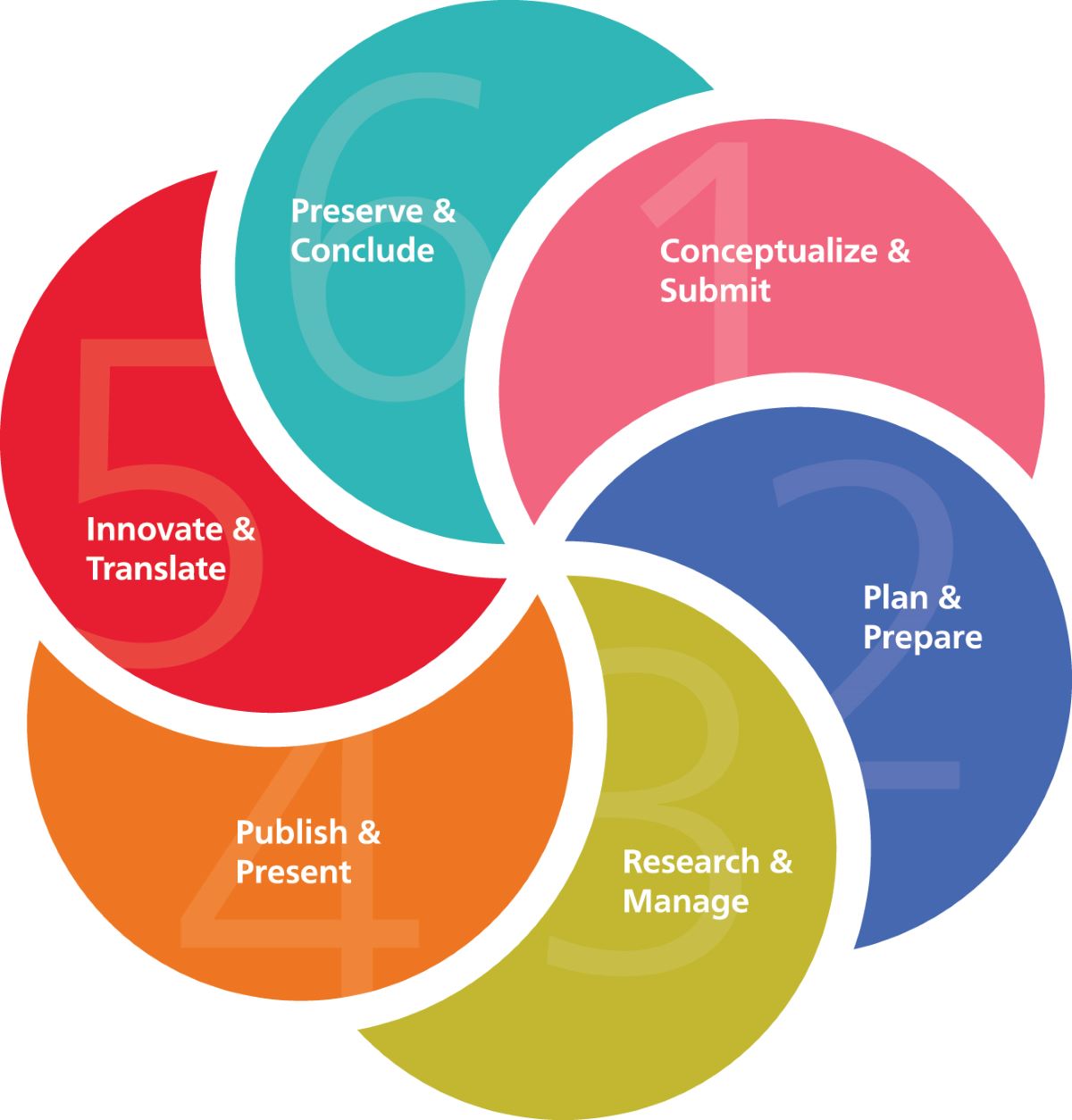
Advice and support throughout your research
The UniBE Research Cycle is designed to provide a comprehensive overview of support, guidelines, tools, and infrastructure to researchers at the University of Bern throughout their research projects. Structured according to the different phases of the research process, the UniBE Research Cycle aims to offer a clear overview of relevant services tailored to the needs of researchers across diverse disciplines.
How to use the UniBE Research Cycle
Are you at the beginning of your research project? Then the Conceptualize & Submit stage offers important resources for you. Are you wrapping up your project and need support on what to consider and keep in mind? Then you head to the Preserve & Conclude page. Everything in between is designed to help you through the phases of your project.
Across all disciplines, research projects encounter overarching topics and recurring tasks that are vital for ensuring success, integrity, and compliance. Completing these essential tasks well contributes to the efficiency, effectiveness, and ethical conduct of your research process. Recurring tasks include: aspects of project management, research data management, and monitoring of ethics compliance. Although they are addressed only once in the UniBE Research Cycle, you should keep them in mind throughout the whole research process.
How do different research projects fit into the UniBE Research Cycle?
Each research project is unique, with its own specific requirements, methods, and challenges. While the UniBE Research Cycle is a structured process, we recognize that this framework may not always align closely with your research journey. The UniBE Research Cycle is intended to be applicable and supportive across a wide range of empirical studies, theoretical research, and innovative collaborations spanning multiple disciplines. However, we recognize that some information or services may not always be where you expect to find them. Please contact us, if you have any difficulties finding information or have specific questions which are not addressed in the UniBE Research Cycle.
Find specific UniBE support offices
If you have a specific question and are looking for the right contact, please go to the Contact Points A-Z page.
Conceptualize and Submit
The concept of your research project decides the direction you will take and how you may implement your idea. At this stage, you should identify a potential funder, align your project proposal to their priorities, and get feedback on your proposal. Finish your conceptualization by submitting your proposal to a funder.
Plan and prepare
Once your proposal has been approved, you must start implementing your project. Typical steps at this stage include negotiating the terms of your funding, managing contracts, claiming the funding, setting up your team, and establishing the framework necessary for your project.
Research and Manage
Data collection, processing and analysis is at the core of every research project. Successful implementation also requires project management tasks, including project reporting and other communication with the funder.
Publish and Disseminate
As your research project proceeds, you will publish and disseminate your findings. To ensure the transparency, fairness, reproducibility, and interoperability of your research output, you must curate, prepare, and maintain publications and research data. Choosing a fitting journal, publishing (open access), writing a good article or book (chapter), and disseminating your work through other channels are among the topics addressed at this stage.
Innovate and Translate
Do you have groundbreaking results or methods that can be commercialized or may lead to a patent? This section provides information on technology transfer and resources to connect you to UniBE's innovation ecosystem and the wider entrepreneurial community.
Preserve and Conclude
Once your research project is finished, a few things usually need to be done to fully conclude the work and meet the funder’s requirements, such as final reporting and perhaps a project audit. In particular, be mindful of the documentation that you need to store long term for legal reasons.
If you think another topic or service should be mentioned here, please let us know at info.research@unibe.ch.

